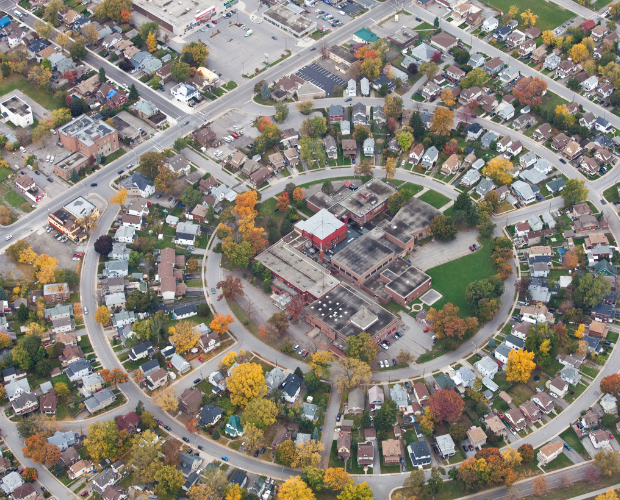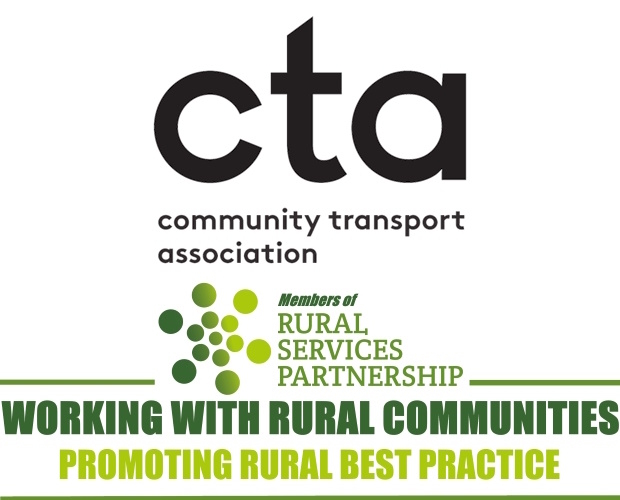T: 01822 851370 E: [email protected]
Fly-grazing law comes into effect
SWIFTER action can now be taken to resolve the problem of horses illegally abandoned or left grazing on land.
After years of campaigning by rural groups, the new Control of Horses Act finally came into force in England on Tuesday (26 May).
It gives landowners greater powers to deal with horses fly-grazing or left illegally on their land.
The Country Land and Business Association worked closely with a coalition of rural organisations and animal welfare charities to drive the Private Members' Bill through Parliament following its introduction by Julian Sturdy MP in 2014.
Landowners can now take fly-grazed horses to a place of safety immediately, notifying local police within 24 hours.
If no owner is identified in four working days, the landowner can take action such as re-homing the horses to charities or selling them privately.
CLA eastern region director Ben Underwood said: "We pressed for this new law so that farmers and landowners can act for swift resolution when faced with the problem of horses illegally abandoned on their land.
"Fly-grazed horses can damage land, crops and fencing, restrict space for livestock and cost money to provide for their welfare and safety.
"It has been very difficult, time consuming and expensive for landowners to deal with these situations but from today they can take swifter action to resolve the problem by, for example, re-homing the horses to charities or privately."
In recent years, fly-grazing has been an increasing problem across the country.
A National Farmers Union (NFU) survey in 2012 found that 6% of its members – amounting to well over 1,000 farmers – had direct experience of fly-grazing.
Last autumn, six charities and the country's largest rural organisations teamed up to publish a report calling for legislation to stop the scourge of unlawful grazing.
Fly-grazing needed a consistent approach across the country if it was truly to be addressed, warned the document.
The report estimated that more than 3,000 horses were being fly-grazed causing "misery for horses, landowners, animal welfare organisations and local authorities".
SIGN UP TO OUR NEWSLETTER
Sign up to our newsletter to receive all the latest news and updates.









